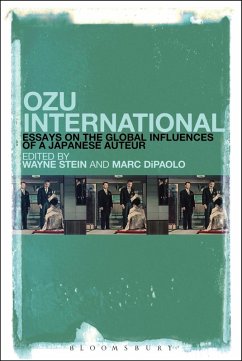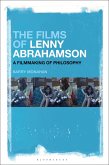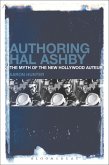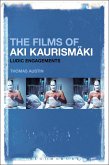In Japan and much of Europe, Ozu is widely considered to be one of the finest film directors who ever lived. While Ozu has a strong reputation in the West, his films are not as well-known or widely appreciated in the U.S. as they are elsewhere. A notable exception to this trend is film critic Roger Ebert, who recently wrote that Ozu is one of his "three or four" favorite directors. Also, moving beyond the view that Tokyo Story is a masterful exception in the Ozu canon, Ebert sees Ozu's films as "nearly always of the same high quality." Ozu International will reflect on Ebert's view of Ozu by arguing that this director deserves broader recognition in the U.S., and that his entire canon is worthy of serious study.
With the recent release of more than 15 Ozu DVDs in the Criterion Collection, covering every phase of his career at least in part (including silent films, black-and-white talkies, and color films), Ozu International helps to fill a lingering gap in English-language scholarship on Ozu by giving this new generation of scholars a book-length forum to explore new critical perspectives on an unfairly neglected director. Contributions include specialists in Japanese culture, academics from a range of disciplines, and professional films critics.
With the recent release of more than 15 Ozu DVDs in the Criterion Collection, covering every phase of his career at least in part (including silent films, black-and-white talkies, and color films), Ozu International helps to fill a lingering gap in English-language scholarship on Ozu by giving this new generation of scholars a book-length forum to explore new critical perspectives on an unfairly neglected director. Contributions include specialists in Japanese culture, academics from a range of disciplines, and professional films critics.









